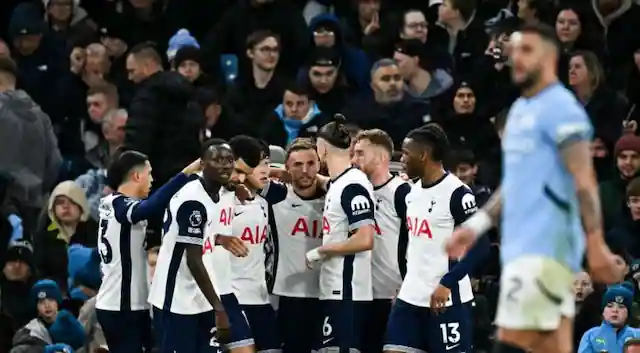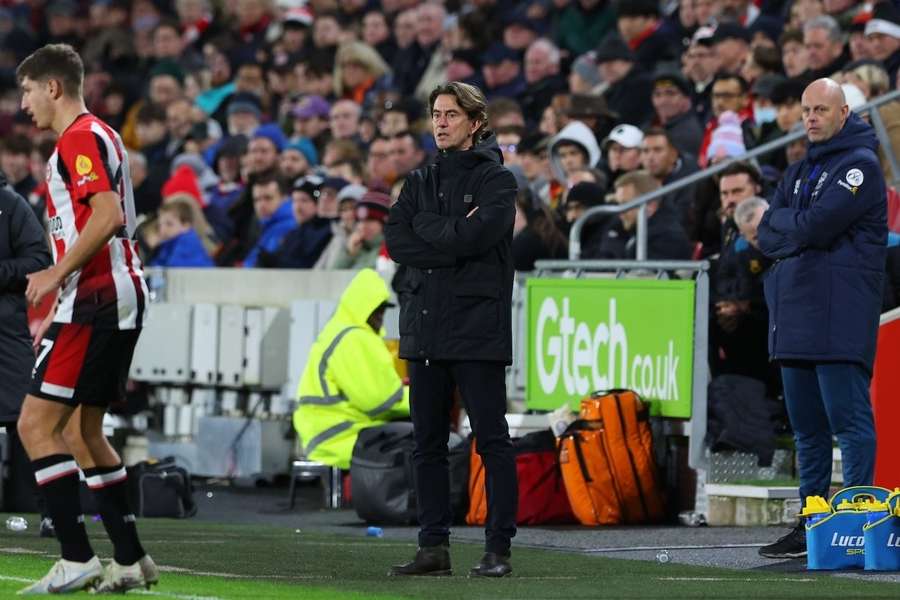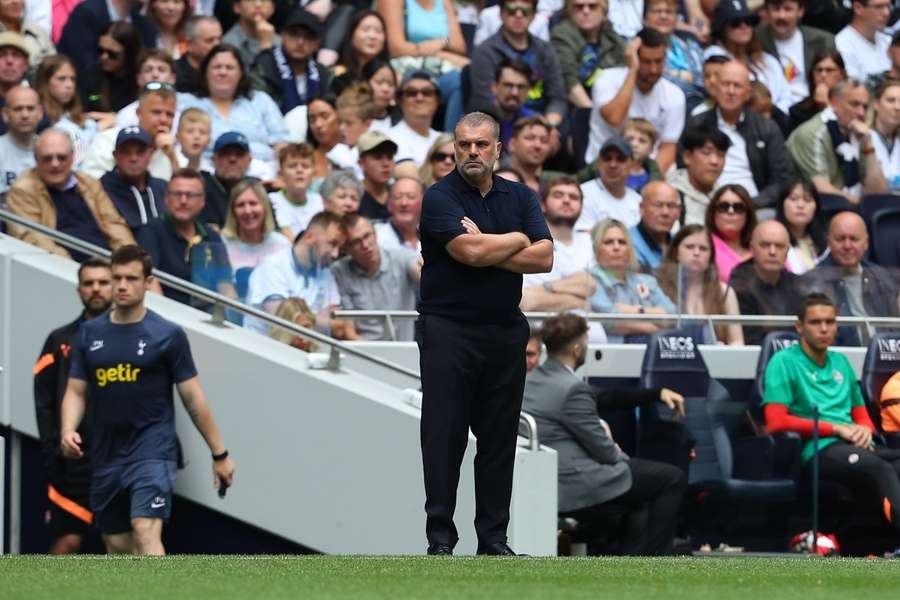Why are players rarely replaced during games?

In a game, we often see players running, sprinting, making saves or shooting on the court. However, we will also find that despite the 90-minute play time, players are rarely replaced. So why are players rarely replaced during games?
The player's performance in the game is the main consideration. The coach will decide whether to replace players based on their performance in training and their status in the game. If players perform well in the game and actively participate in offense or defense, coaches will often let them stay on the field to maintain the team's advantage. In addition, the player's ability and technical level will also have an impact on the coach's decisions. If the team does not have a better replacement or the replacement level is relatively low, the coach will be more inclined to let the player continue to play the full game.
The physical status of the player is also a consideration. In a game, players need to maintain high physical strength and endurance to cope with various physical exertion. If a player feels tired or in poor physical condition during the game, the coach may consider replacing him or her to ensure that the team remains in a high competitive state in the second half of the game. However, if players are in good physical condition, coaches will be more willing to let them continue to compete.
In addition, tactics in the game are also one of the factors that affect substitution decisions. At different stages of the game, coaches may make changes based on tactical needs. For example, when the score is behind, the coach may decide to substitute forwards to increase the team's attack power; while when the score is ahead, the coach may choose to consolidate the lineup, reduce defensive mistakes, and maintain control of the game. These tactical considerations are usually made during halftime or at the beginning of the second half of the game.
There are many reasons why players are rarely removed during games. Players 'performance, physical status and tactical needs will all affect the coach's decision-making. Through reasonable substitution decisions, coaches can maximize the advantages of players in the game and improve the competitiveness of the team.
RELATED STORIES






LATEST NEWS







